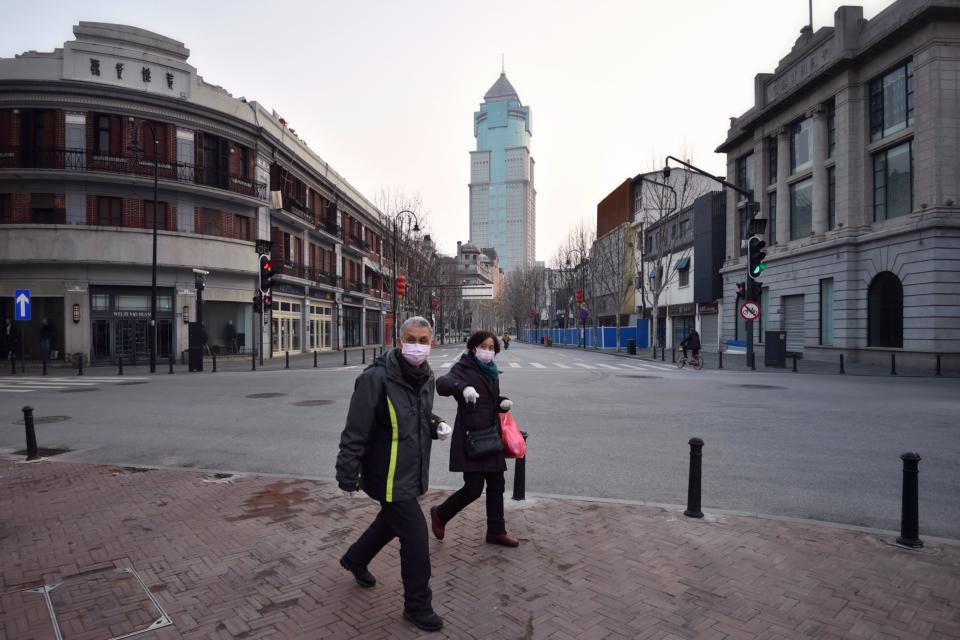Why the US economy is particularly sensitive to the coronavirus outbreak
The U.S. economy is particularly sensitive to events like the coronavirus outbreak, said Austan Goolsbee, the former chair of economic advisers under President Barack Obama.
“The U.S. economy is so much more intensively driven by these personal services that are exactly the kinds of things that dry up when people get afraid,” he said on Yahoo Finance’s YFi PM.
If the impact is as bad in the U.S. as it was in China, Goolsbee said the hit to the U.S. would be a “fair bit worse.” For example, the travel, sports, and entertainment industries are 10 times bigger in the U.S. than in China.
“That just puts the focus back on: you’ve got to slow the spread of this disease,” Goolsbee said. “You’ve got to engage in the very best public health you can because the downside is really that bad.”
Goolsbee, an economics professor at the University of Chicago's Booth School of Business, pointed to what happened in Wuhan, with businesses worried about bankruptcy, and said that “that’s actually the best-case scenario if we have an outbreak like that.”

“That stuff is far more important to our economy,” he said. “The thing that has been buoying the economy and propping us up has been consumer confidence. It’s consumer spending and confidence that has driven the late part of the boom. If that dries up because of the virus, there will be major ramifications.”
The former cabinet member pointed out that things are different than they were during the Great Recession and other recessions in terms of what can be done by the government.
“A virus-induced recession strikes me as pretty different than a financial crisis-induced recession,” he said.
Goolsbee’s point is that many of the tactics of monetary or fiscal policy to combat a problem may not work. While it might make sense for the Fed to provide stimulus if there’s a shock to demand — when people get spooked and stay at home — that might not do much.
“If I gave you a $500 tax cut or I reduce the interest rate by some amount, if you are not leaving your house for three weeks, that’s not going to make you leave your house for three weeks,” said Goolsbee. “You’re going to say, great, let’s put that in the bank.”
For now, Goolsbee says that while the Federal Reserve cuts may be a good move, the real action must be done to slow the spread and develop treatments and vaccines as fast as possible.
“All of that is critically important,” he said. “Otherwise, I fear a sharp recession.”
-
Ethan Wolff-Mann is a writer at Yahoo Finance focusing on consumer issues, personal finance, retail, airlines, and more. Follow him on Twitter @ewolffmann.
9 key dates when we’ll know more about how how coronavirus is effecting the economy
Coronavirus price gouging: 3 charts show Amazon's wild spikes
The 'best-case' coronavirus scenario: people don't all get sick at once
The government is finally cracking down on companies that enable robocalls
Read the latest financial and business news from Yahoo Finance
Follow Yahoo Finance on Twitter, Facebook, Instagram, Flipboard, LinkedIn, YouTube, and reddit.